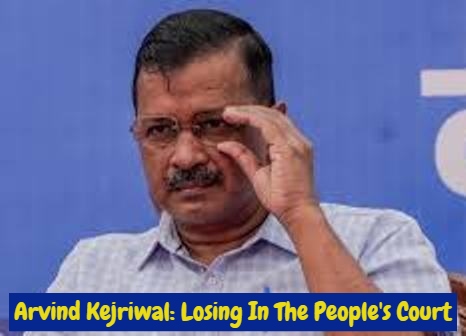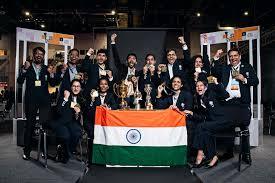

China Flexing Muscle is Bad for India
Is China serious about having cordial relations with India? Given past conflicts and present distrust, relations can never be good, but they can at least be cordial. But what China has been doing in the last few weeks proves that it is no longer interested to maintain that level also. China sees India as a threat to its preeminent position as the manufacturer of the world. Hence, it wants India to be cornered. To this end, it has been targeting all nations in the region and trying to win them over. Pakistan was a done case for the enemys enemy is always a friend. But the speed with which China entered Sri Lanka, Nepal, and Bangladesh was amazing and proved that the country was more than rattled by the influence India had in these nations. The result is that Indias relations with all three nations are not as rosy as they used to be.By Slogger
First publised on 2017-03-06 19:43:07
In the last few weeks, China has done four things that have shown that it wants to needle India on all possible fronts. First, it once again denied to let Masood Azhar be declared a terrorist by the UN, claiming that more concrete proof was needed. Then, when ISRO launched 104 satellites from a single rocket, going against the opinion in the rest of the world, Chinese media tried to belittle the feat. Next, the Chinese government raised its defence budget to three times what India spends on its military, indicating that it will not let India achieve parity any time in the near future. Finally, despite Indian objection, China opened a new airport near the Indian border in Tibet. The airport in Nyingchi Mainling is close to Arunachal Pradesh, a state over which China claims territorial ownership. India, on the other hand, will host the Dalai Lama as a state guest, despite Chinese objections. It has also been developing border infrastructure in north-eastern states, specifically in Arunachal Pradesh.
The territorial and other disputes between the two countries are not going to be resolved in a hurry since they involve hard line positions by both countries. India rightly claims that China has not returned parts of its land it occupied during the 1962 war while China thinks almost the entire north-east, especially Arunachal, belongs to it. Couple this with the fact that both the nations are fighting for supremacy to be the fastest growing major economy in the world. The tag brings with itself the attention of MNCs who either wish to sell their products to the multitudes inhabiting the two countries or set up manufacturing facilities there. China was clear leader till now, but rising wages and slowing economy has pushed it to renew its efforts to attract FDI. India loses out due to lack of ease of doing business, archaic land acquisition and labour laws and an unfriendly bureaucracy. With the NDA government taking steps to rectify the position, China feels that the time has come to engage India on other fronts to take its focus away from improving its economic position.
If Indian and China engage in an arms race, it will be disastrous for the people of both the nations. Although the Chinese are at present better off economically than the Indians, an economic slowdown can push them back. Indians, on the other hand, have much catching up to do. Both the nations will be wasting scarce funds on buying military hardware instead of putting it to use for the welfare of the people. But with the economy slowing down in China, the spectre of unemployment looms large. The best way the government can think of absorbing the excess labour force is to draft them in the army. That can never be a permanent solution to employment problems. A bloated army is a huge drain on the economy. China and India should sit together to first learn to agree on things. Instead of talking about major differences, they should target low hanging fruits that have been ignored. Solving small problems will build an atmosphere of trust that will be of immense use when bigger problems are put on the agenda. There is no other way forward for the two nations.











